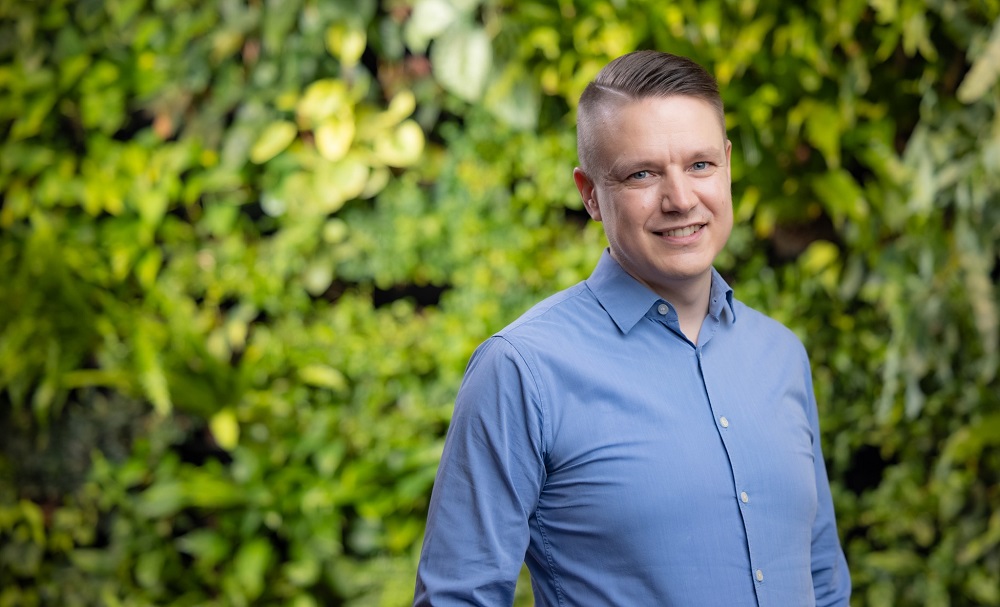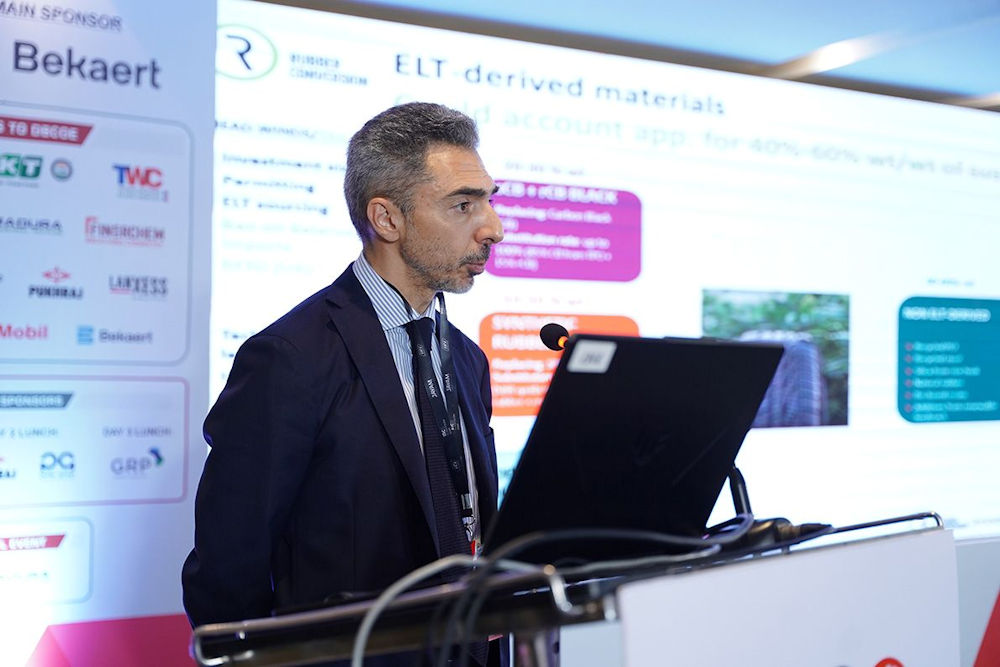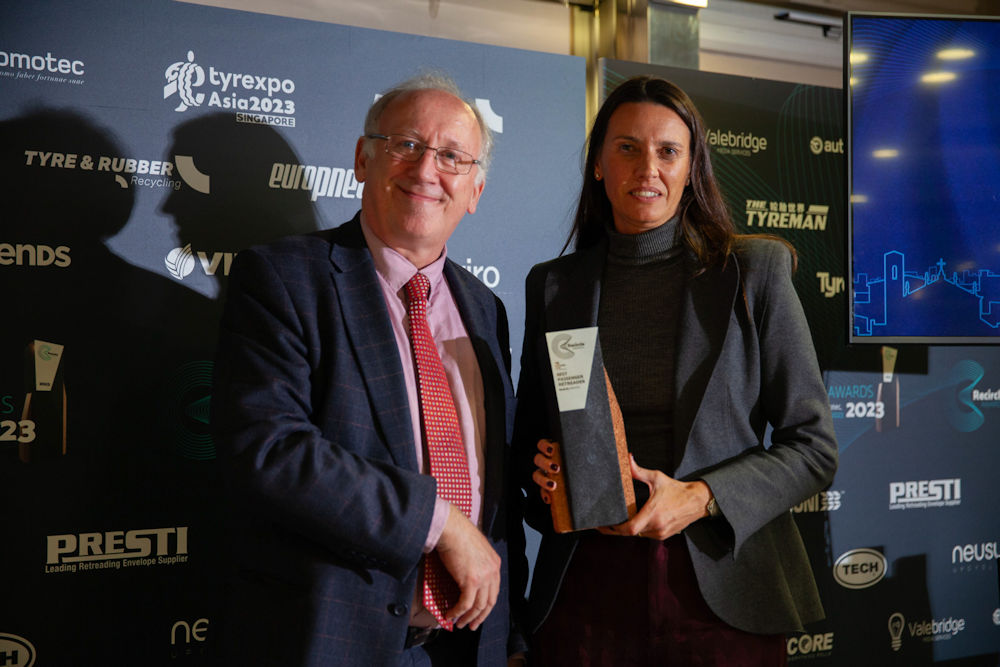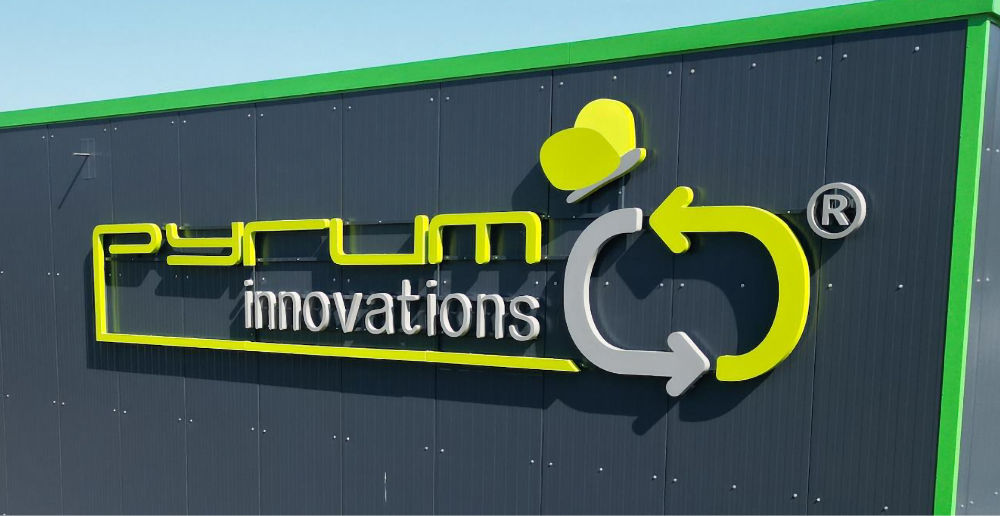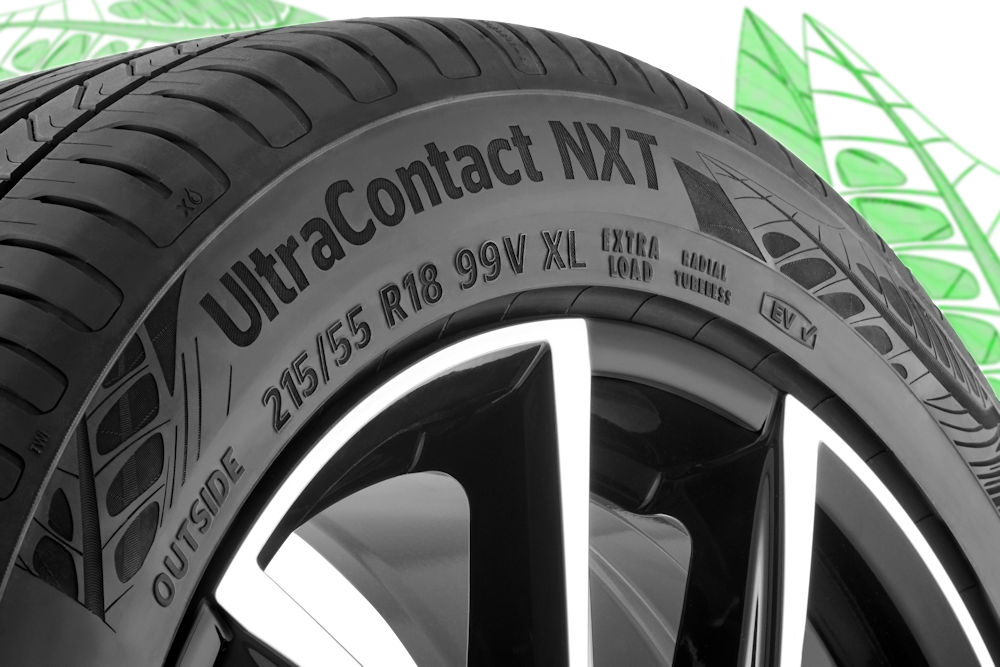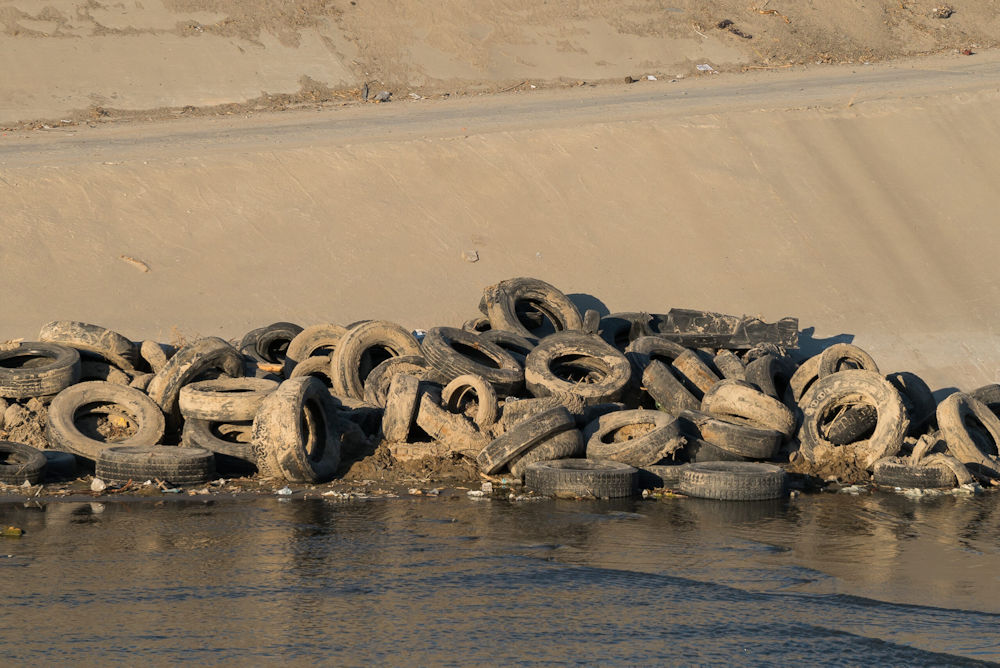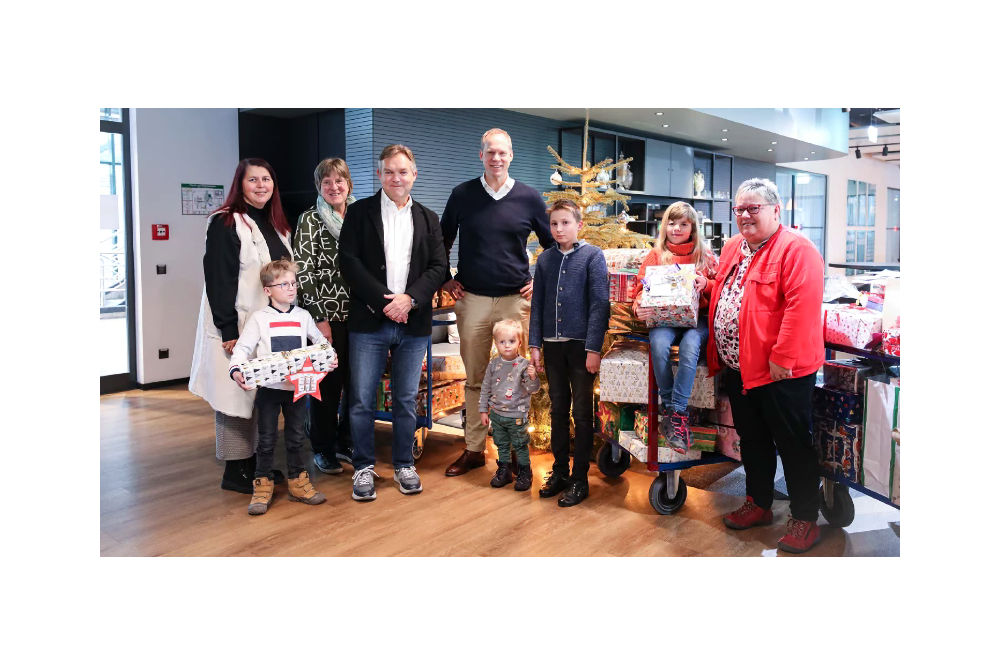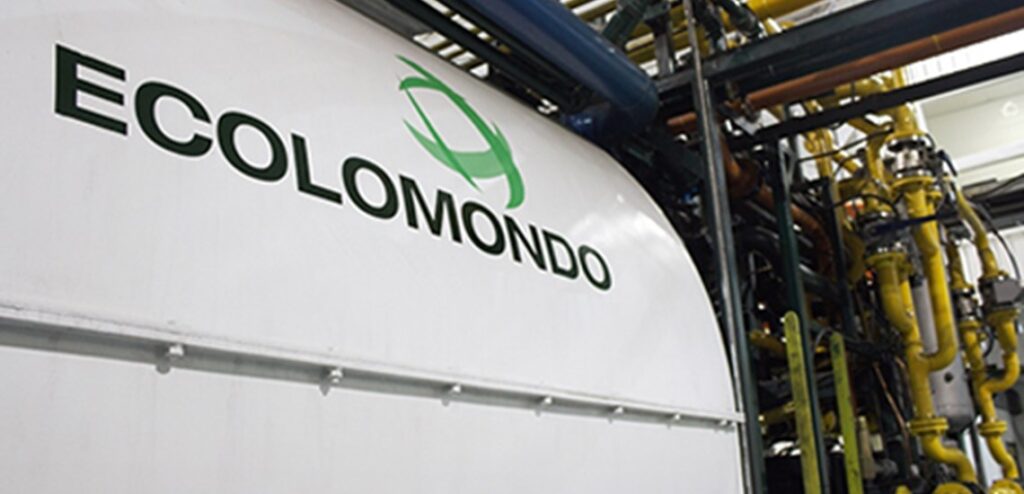Tana Oy, has announced CEO Kalle Saarimaa, who has held the position since 2023, has been appointed the new COO of NG Nordic starting mid-February
Saarimaa will, however, continue working on Tana Oy’s strategic growth plans and acquisition projects as an active board member in Tana. Additionally, Saarimaa will also continue to as a shareholder in Tana.
Effective from February 10, Henri Kinnunen, VP of Product Management and Business Development, will take on the role of Interim Chief Executive Officer until a new CEO will start. The Tana Board will announce the new CEO later in January. With extensive international business expertise and a deep understanding of the global waste management sector and circular economy, Kinnunen is well positioned to lead the organisation through this transitional phase.
“Kalle Saarimaa has been a driving force in shaping Tana’s vision and growth strategy,” says Aaro Cantell, chairman of the Tana Board. “We are very grateful to Kalle for his active and visionary leadership as well as his commitment to continue to support Tana’s growth as a Board Member. We also wish him every success in his future challenges. Tana Oy is now very well positioned to continue executing its growth plans, to delivering cutting-edge machines and services, and to upholding its commitment to innovation and excellence.”
Reflecting on his leadership at Tana, Saarimaa shared: “It has been an honour to lead Tana and work with such an extraordinary team. During this time, we have extended our ownership base, developed a growth strategy for the company, and opened new markets. I’m privileged to continue to be part of Tana’s growth journey in the role of board member and shareholder.”

